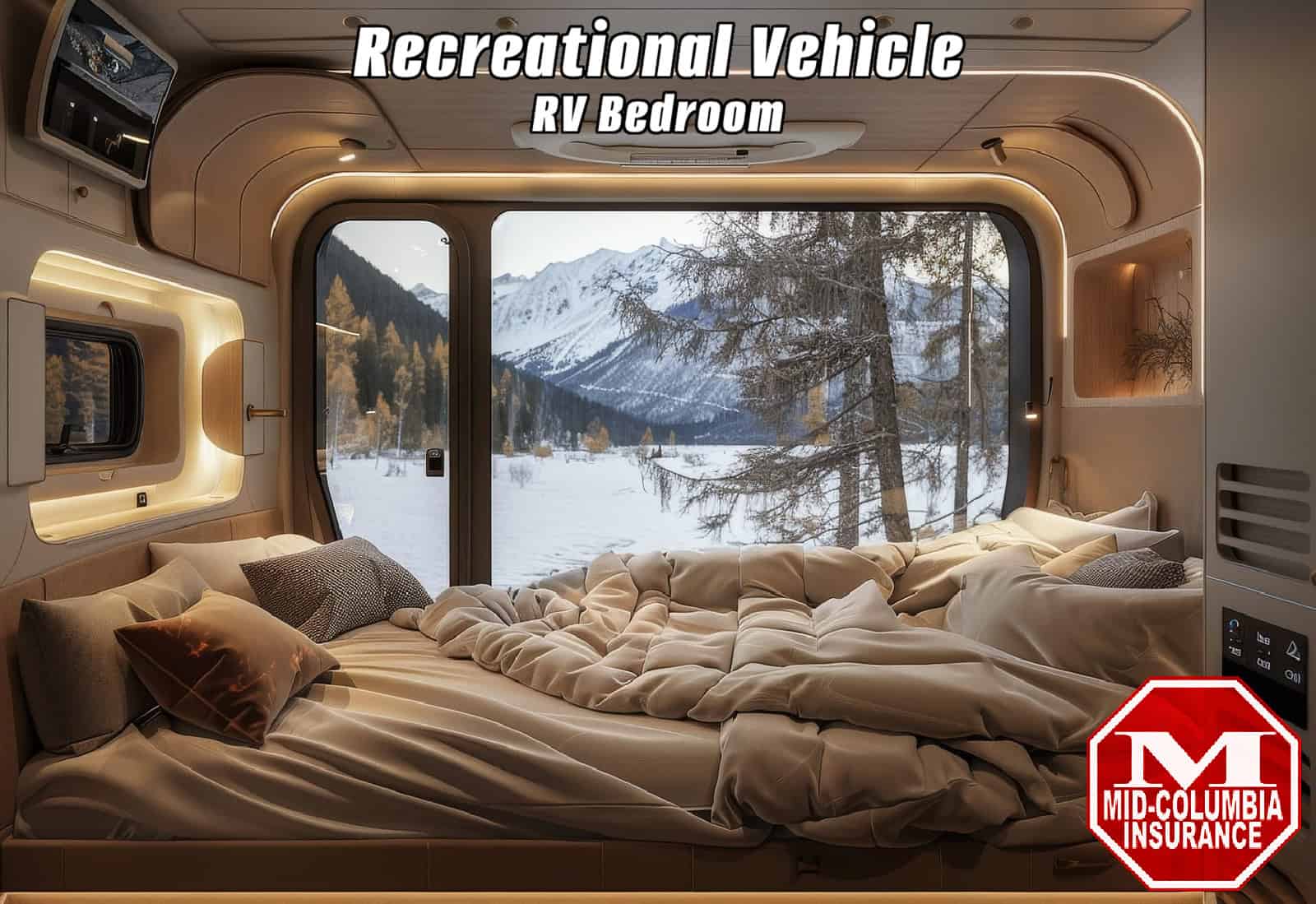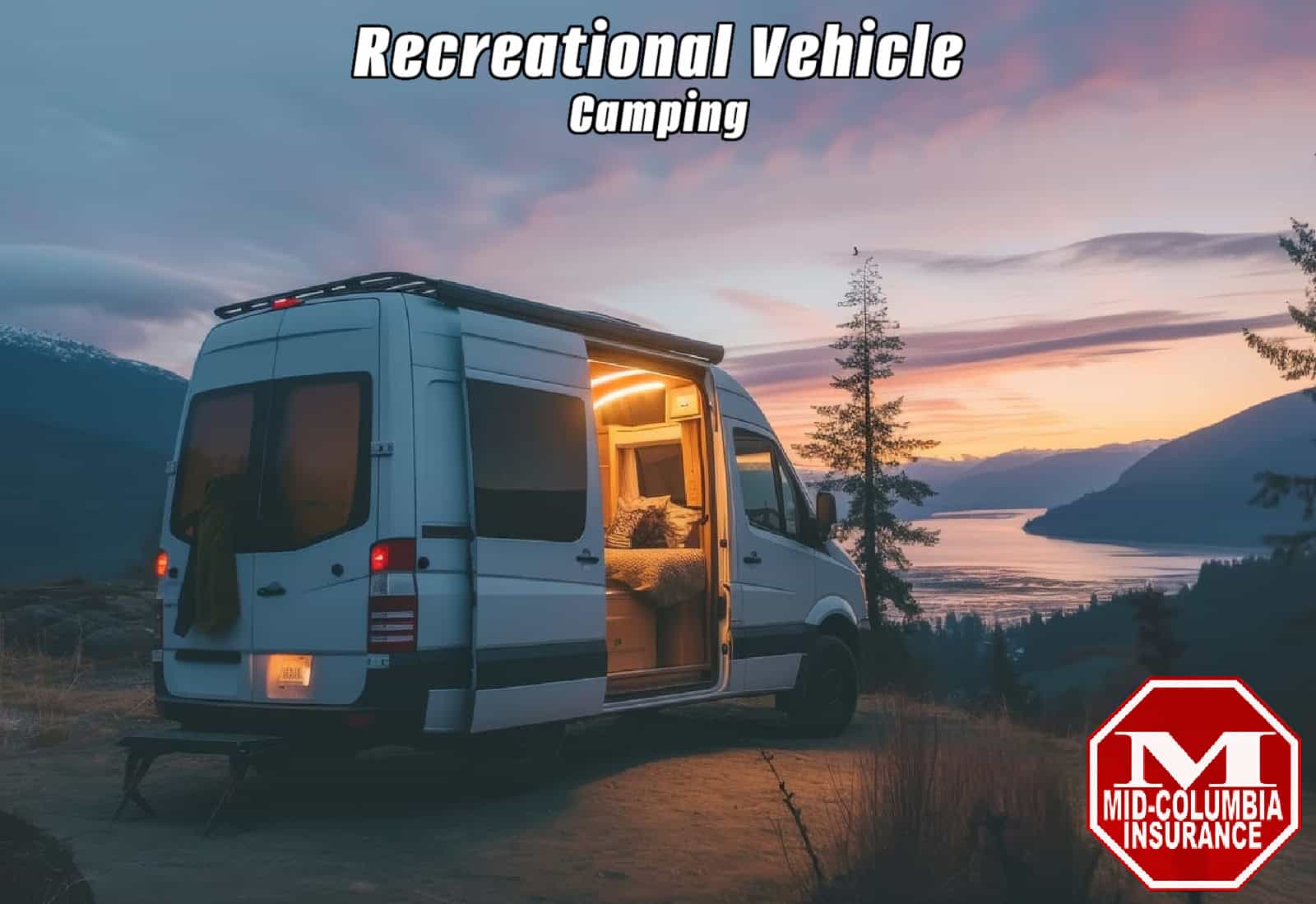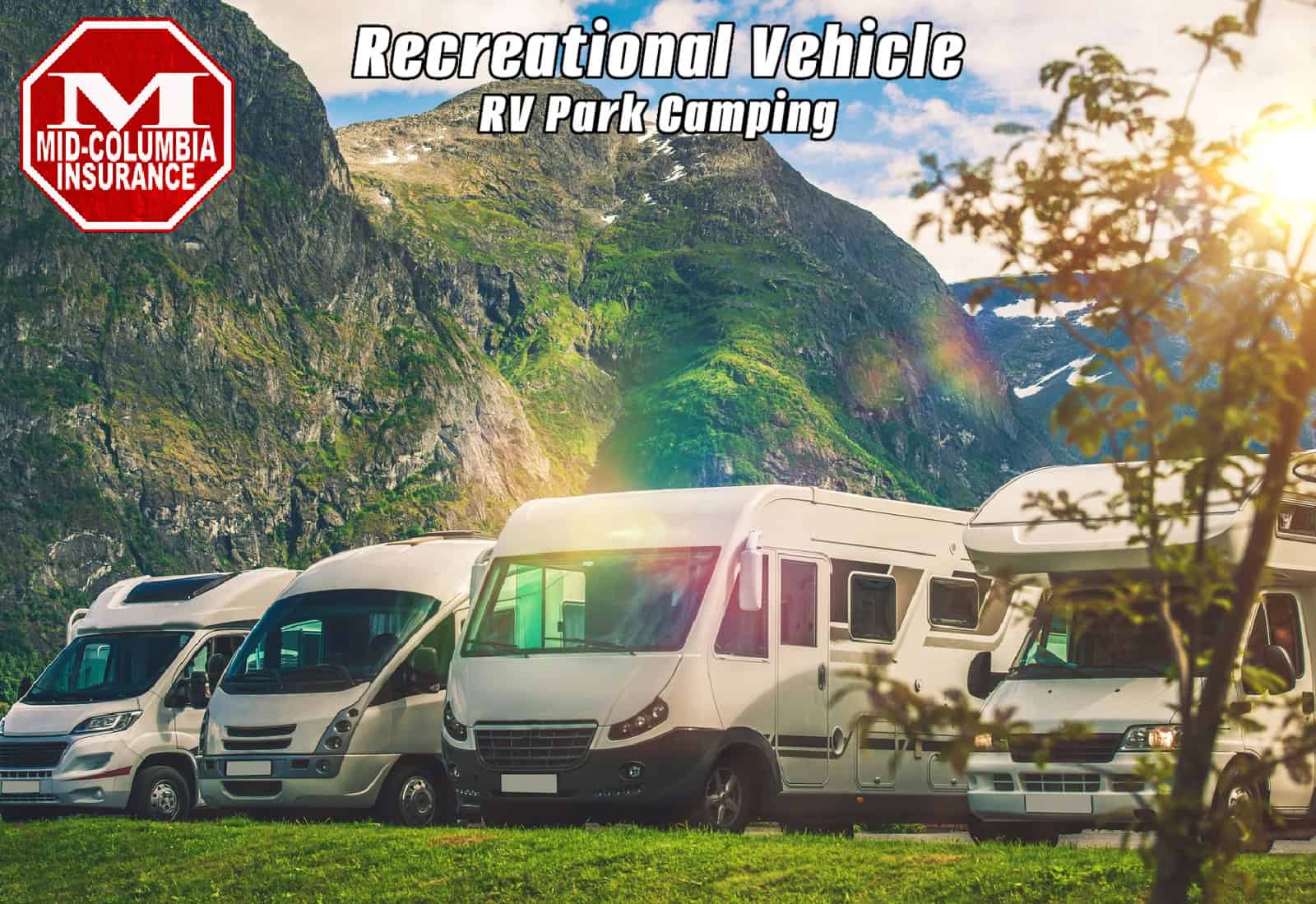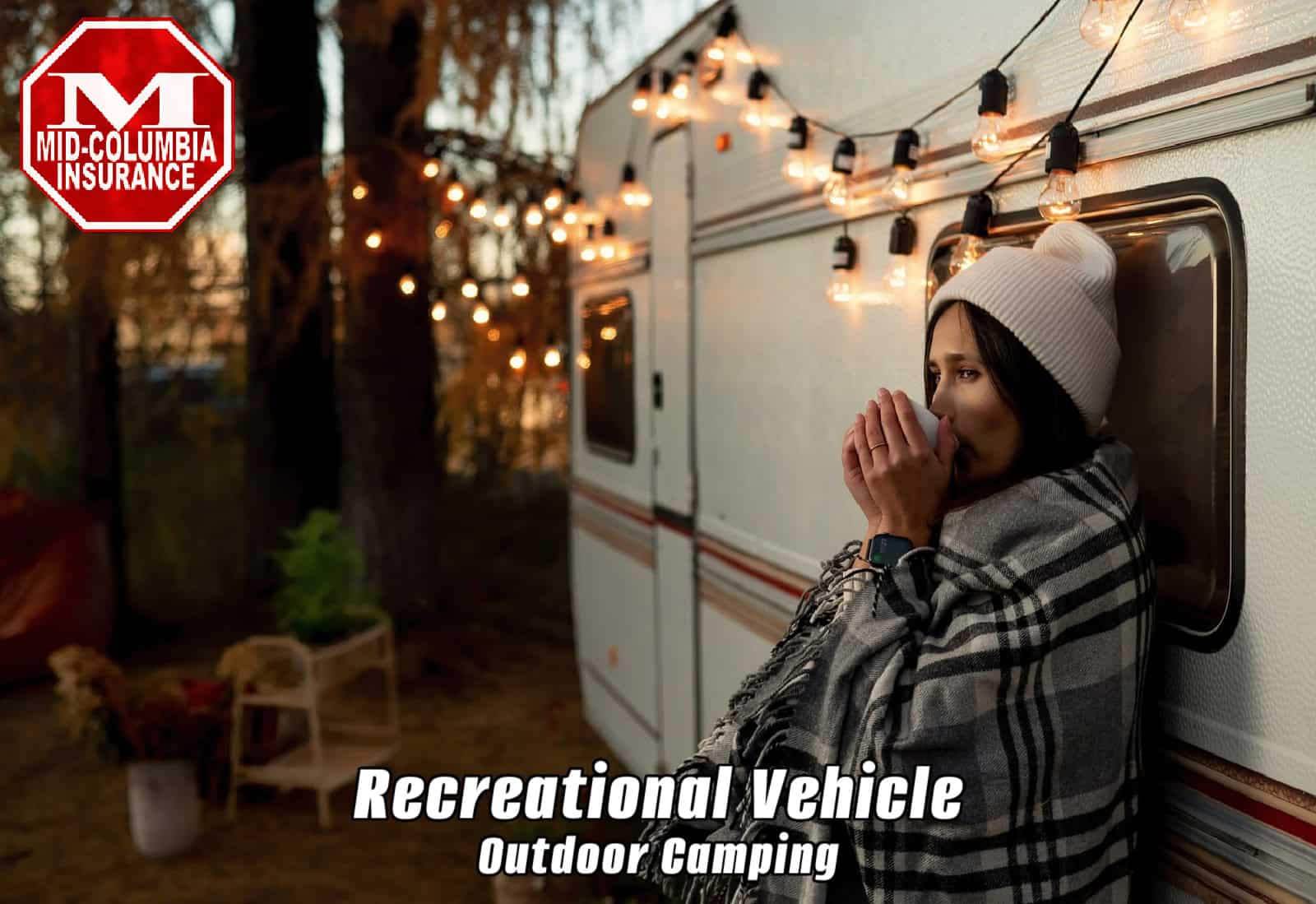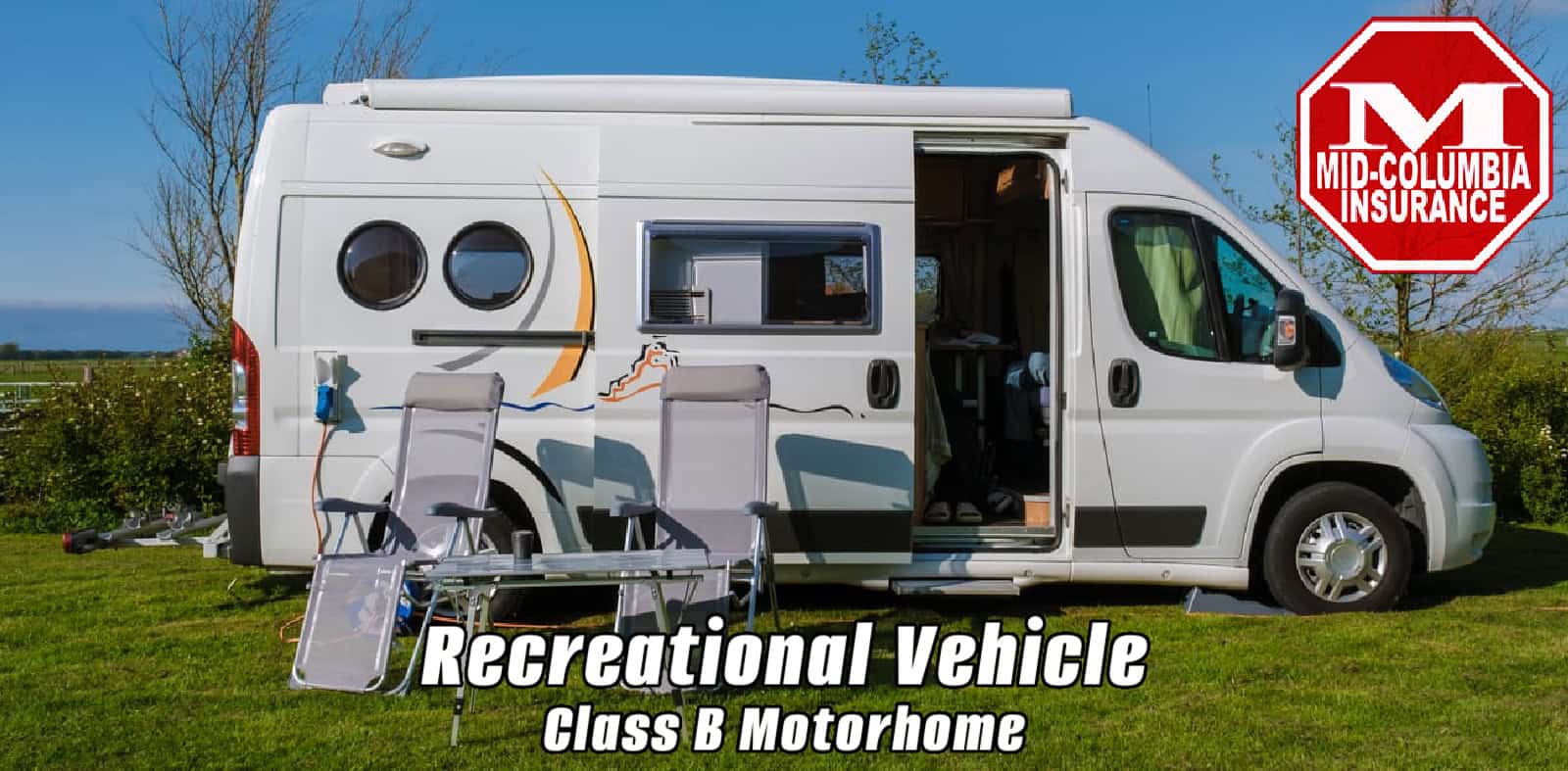
A recreational vehicle (RV) is a motor vehicle or trailer equipped with living space and amenities found in a home, such as a kitchen, bathroom, and sleeping facilities. RVs are designed for leisure activities such as camping and sightseeing, allowing travelers to have their accommodations with them. Motorhomes, campervans, travel trailers, and fifth-wheel trailers are among the most common types of recreational vehicles.
Types of Recreational Vehicles
Recreational vehicles come in diverse types to suit different travel preferences and budgets. The two main categories are motorized RVs and towable RVs.
Motorized RVs are self-propelled and do not require a separate tow vehicle. They include:
- Class A Motorhomes: Built on a commercial bus chassis or a specially designed motor vehicle chassis, these are the largest and most luxurious motorhomes, typically ranging from 26 to 45 feet in length.
- Class B Motorhomes (Campervans): Compact and easy to drive, campervans are built using automotive manufactured van shells.
- Class C Motorhomes: Mid-sized motorhomes recognizable by the cab-over bunk that extends over the cab area, built on an automotive van or truck chassis.
Towable RVs are designed to be pulled behind a vehicle, such as a car, pickup truck or SUV. Common types include:
- Travel Trailers: Conventional trailers that hitch to the rear of a vehicle, ranging from small 12-foot models to spacious 35-foot units.
- Fifth Wheel Trailers: Designed to be towed by a pickup truck equipped with a special hitch in the truck bed, these trailers offer enhanced stability and towing capacity.
- Popup Campers: Also known as tent trailers, these lightweight RVs have soft, collapsible walls that fold down for easy towing and storage.
- Truck Campers: Created to fit into the bed of a pickup truck, these portable campers can be easily loaded and unloaded.
Specialty RVs like toy haulers, which feature a garage for hauling motorcycles or ATVs, and park models, which are designed for extended stays in RV parks, offer additional options for RV enthusiasts.
Features and Amenities
Modern recreational vehicles come equipped with a wide array of features and amenities to provide the comforts of home while on the road.
The living quarters typically include:
- Bedroom: RVs may have a dedicated bedroom with a queen or king-size bed, or convertible sleeping areas like a dinette that transforms into a bed.
- Bathroom: Most RVs have a bathroom with a toilet, sink, and shower or shower/tub combo.
- Kitchen: RV kitchens are equipped with a refrigerator, stove, oven, microwave, and sink, as well as cabinets and counter space for food preparation.
- Dining Area: Many RVs have a booth-style dinette or a table with chairs for meals and socializing.
Amenities in an RV may include:
- Air Conditioning & Heating: Most RVs have a rooftop AC unit and a propane furnace for climate control.
- Water Heater: RVs are equipped with a water heater to provide hot water for showers and washing.
- Refrigerator: Electric or gas-powered refrigerators keep food and drinks cold.
- Generator: Many motorhomes have an onboard generator to power electrical devices when shore power isn’t available.
- Holding Tanks: Fresh water, gray water, and black water tanks allow for self-contained living.
Some RVs also feature expandable sections such as slide-outs and pop-ups to increase living space when parked. Slide-outs are rooms that extend outward from the RV, while pop-ups have collapsible walls that can be raised to create additional headroom.
Uses and Applications
Recreational vehicles offer a variety of uses and applications, from leisure travel to full-time living.
Recreational Uses include:
- Camping: RVs provide a comfortable camping experience with amenities like beds, bathrooms, and kitchens.
- Road Trips: An RV allows travelers to explore the country at their own pace, without the need for hotels or restaurants.
- Sightseeing: Visit national parks, landmarks, and tourist attractions while bringing your accommodations with you.
- Tailgating: Celebrate your favorite sports team by tailgating in style with an RV’s amenities and comfort.
Some people choose RVs for full-time living, whether for retirement, a minimalist lifestyle, or the ability to work remotely while traveling. Full-time RVers may live in their RVs year-round, staying in RV parks, campgrounds, or boondocking on public lands.
RVs can also serve as temporary housing during emergencies or for workforce housing. They provide a quick and flexible solution for those displaced by natural disasters or working on remote job sites.
Maintenance and Upkeep
Proper maintenance and upkeep are crucial for the longevity and functionality of a recreational vehicle.
Routine maintenance tasks include:
- Cleaning: Regular washing and waxing of the exterior and cleaning of the interior to prevent damage and maintain appearance.
- Inspections: Checking for leaks, cracks, or other damage to the roof, seals, and exterior components.
- Fluid Checks: Monitoring and topping off engine oil, coolant, brake fluid, and other essential fluids in motorized RVs.
Repairs may be needed for various systems and components, such as:
- Appliances: Fixing or replacing malfunctioning refrigerators, water heaters, or air conditioners.
- Plumbing: Addressing leaks, clogs, or other issues with the fresh water, gray water, and black water systems.
- Electrical: Troubleshooting problems with the RV’s electrical system, including the generator, batteries, and shore power.
- Structural: Repairing damage to the RV’s frame, walls, roof, or floors.
Upgrades can enhance an RV’s functionality, comfort, and self-sufficiency. Popular upgrades include:
- Solar Panels: Installing solar panels on the roof to generate electricity and reduce reliance on shore power or a generator.
- Satellite Systems: Adding a satellite TV or internet system for entertainment and connectivity on the road.
- Suspension: Upgrading the suspension system for a smoother ride and better handling.
- Storage Solutions: Maximizing storage space with organizers, shelves, and cargo carriers.
Regular maintenance and timely repairs can prevent costly breakdowns and extend the life of your recreational vehicle. Consult your RV owner’s manual for specific maintenance schedules and guidelines.
RV Industry Ecosystem
The recreational vehicle industry encompasses a wide range of businesses and organizations that support the manufacture, sale, and use of RVs.
Manufacturing involves several key players:
- RV Manufacturers: Companies that design and build recreational vehicles, such as Winnebago, Thor Industries, and Forest River.
- Component Suppliers: Businesses that provide materials, appliances, and parts used in RV construction.
- Assembly Plants: Facilities where RVs are assembled, often located in RV manufacturing hubs like Elkhart, Indiana.
Sales are conducted through various channels:
- RV Dealerships: Retail locations that sell new and used RVs, often offering financing and service center.
- RV Shows: Industry events where manufacturers and dealers showcase their latest models to potential buyers.
- Online Marketplaces: Websites like RVTrader.com and RVT.com that facilitate the buying and selling of RVs.
Service providers cater to the needs of RV owners:
- RV Parks & Campgrounds: Destinations that offer parking spots, hookups, and amenities for RVs.
- Repair & Maintenance Shops: Businesses that specialize in RV repairs, maintenance, and upgrades.
- Rental & Leasing Companies: Providers that offer short-term RV rentals for those looking to try before they buy.
Industry associations play a crucial role in supporting and promoting the RV industry:
- RVIA (RV Industry Association): The leading trade association representing RV manufacturers and suppliers in North America.
- FMCA (Family Motor Coach Association): The world’s largest non-profit organization for motorhome owners, offering education, discounts, and community.
- Good Sam Club: A membership organization that provides discounts, resources, and support for RV enthusiasts.
RV Insurance Considerations
Protecting your investment in a recreational vehicle requires the right insurance coverage. As a premier insurance agency serving the Washington state region, Mid-Columbia Insurance offers RV insurance policies from top carriers like Safeco, Progressive, National General, and Foremost.
When selecting an RV insurance policy, consider the following factors:
- Type of RV: Motorhomes and towable RVs have different insurance requirements. Motorhomes need coverage similar to auto insurance, while towables may be covered under an existing auto policy or require a separate policy.
- Usage: How you use your RV, whether for occasional trips or full-time living, can impact the type and level of coverage needed.
- Liability Coverage: Protect yourself against claims and lawsuits in case you’re at fault in an accident that causes injury or property damage to others.
- Collision & Comprehensive Coverage: Collision insurance covers damage to your RV from a collision with another vehicle or object, while Other Than Collision/Comprehensive covers damage from non-collision events like theft, vandalism, or weather.
- Contents Coverage: Your personal belongings inside the RV may require additional coverage beyond what is provided by your auto or homeowners policy.
- Full-Timer’s Coverage: If you live in your RV full-time, you may need specialized coverage similar to a homeowners policy.
- Roadside Assistance: Coverage for towing, jump-starts, tire changes, and other roadside emergencies can provide peace of mind on your travels.
Consult with a knowledgeable insurance agent from Mid-Columbia Insurance to determine the best RV insurance coverage for your specific needs and budget. Our team will work with you to create a comprehensive and affordable policy that protects your recreational vehicle and your adventures on the open road.
Mid-Columbia Insurance
– Your Trusted RV Insurance Agent
Recreational vehicles offer a unique and versatile way to explore the world, providing the freedom to travel while enjoying the comforts of home. From motorhomes to travel trailers, RVs come in a variety of types and sizes to suit different lifestyles and preferences.
With proper maintenance, insurance coverage, and a sense of adventure, an RV can be your passport to unforgettable experiences and destinations. As you embark on your RV journey, remember that the team at Mid-Columbia Insurance is here to support you with expert guidance and affordable RV insurance solutions tailored to your needs.
Contact Mid-Columbia Insurance today by calling (509)783-5600 or click “Get a Quote” to discuss your RV insurance needs. We’ll compare rates and coverages from multiple insurers to craft a policy that fits your needs and budget. Don’t wait until after an accident to discover your coverage gaps.
The insurance you want — At a price you can afford.
Frequently Asked Questions
| Question | Answer |
|---|---|
| What is the average cost of a recreational vehicle? | The cost of an RV varies greatly depending on the type, size, and features. Entry-level travel trailers can start around $10,000, while luxury motorhomes can exceed $500,000. On average, expect to pay between $50,000 and $150,000 for a well-equipped RV. |
| Can I finance an RV purchase? | Yes, many RV dealerships offer financing options, and you can also secure an RV loan through banks, credit unions, and specialty lenders. Loan terms for RVs typically range from 10 to 20 years, depending on the amount financed and your creditworthiness. |
| What kind of vehicle do I need to tow a travel trailer or fifth wheel? | The towing capacity of your vehicle determines what type of RV you can safely tow. For travel trailers, a sturdy SUV, van, or pickup truck with a suitable hitch and towing package is often sufficient. Fifth wheel trailers require a pickup truck with a special hitch mounted in the bed. Always consult your vehicle’s owner manual for specific towing guidelines. |
| Can I live in an RV full-time? | Yes, many people choose to live in their RVs full-time, either for retirement, work, or lifestyle reasons. However, living in an RV full-time requires careful planning, including finding suitable places to park, maintaining a reliable income, and ensuring you have the necessary insurance coverage and legal domicile. |
| How often should I service my RV? | Regular maintenance is essential to keep your RV in good condition. Basic tasks like checking tire pressure, cleaning and lubricating slide-outs, and inspecting seals should be done before each trip. More extensive service, such as oil changes, brake inspections, and appliance maintenance, should be performed annually or as recommended by the manufacturer. |
| What are the most popular RV destinations in Washington state? | Washington state offers a wealth of scenic RV destinations, including Olympic National Park, Mount Rainier National Park, North Cascades National Park, San Juan Islands, and Long Beach Peninsula. The state also boasts numerous RV parks and campgrounds that cater to RV travelers, offering amenities like hookups, laundry facilities, and recreational activities. |
| Are there any special licenses or permits required to drive an RV? | In most cases, a standard driver’s license is sufficient to operate an RV in Washington state. However, if your RV weighs more than 26,000 pounds or if you plan to tow a vehicle weighing more than 10,000 pounds, you may need a commercial driver’s license (CDL). Always check with the Washington State Department of Licensing for the most up-to-date requirements. |

